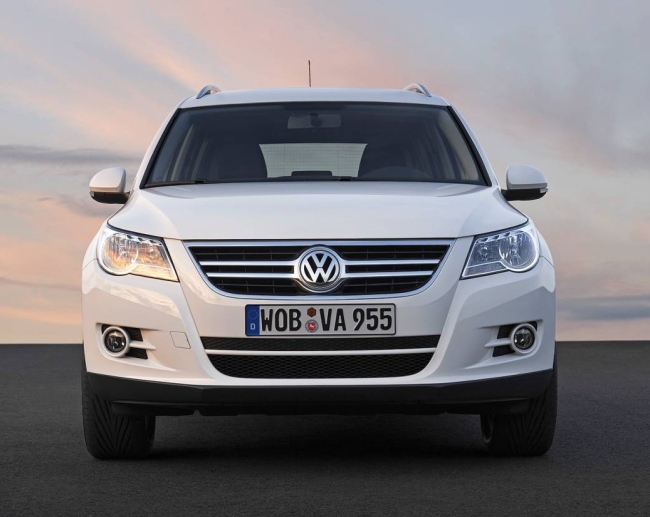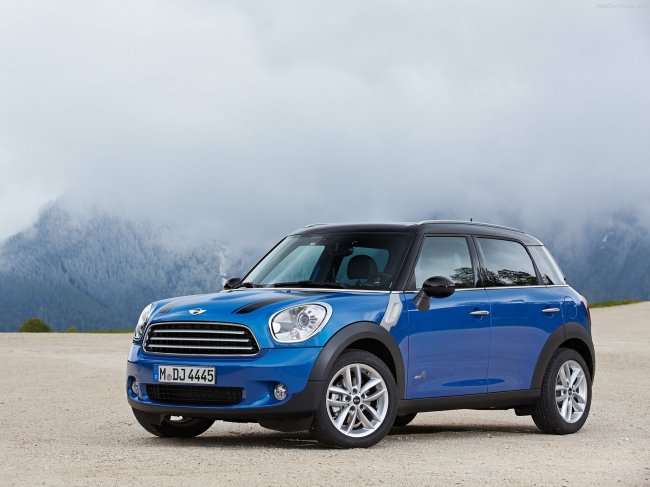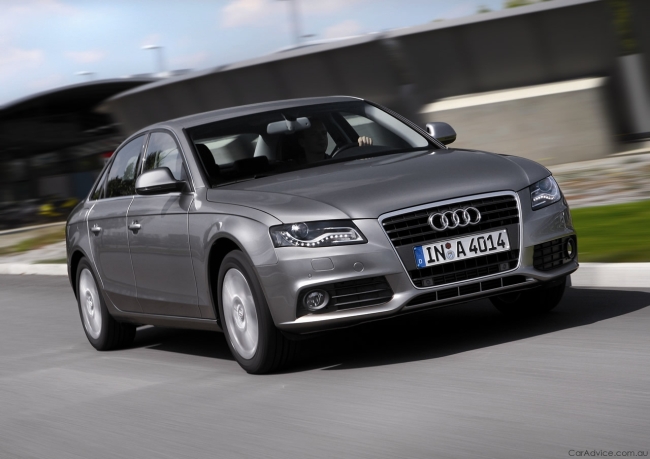Confusion surrounding the nation’s fuel-economy audit system is deepening among foreign-based carmakers.
On Thursday, the Ministry of Land, Infrastructure and Transport fined Hyundai Motor and Ssangyong Motor for reporting inaccurate fuel ratings on its Santa Fe and Korando Sport models.
But on the same day, another government office, the Ministry of Trade, Industry and Energy confirmed that the discrepancies between the stated and actual gas mileages on the two Korean cars were within the legally allowable level of 5 percent.
 |
Chrysler Jeep Grand Cherokee |
 |
Volkswagen Tiguan |
The ministry then decided to sanction four foreign cars ― the Audi A4 2.0 TDI, Volkswagen Tiguan 2.0 TDI, Chrysler Jeep Grand Cherokee and BMW Mini Cooper Countryman ― for overstated fuel ratings. The move sparked much controversy among the foreign brands.
The vehicles were found to have inflated their fuel economy by 5.4 percent to 12.4 percent, according to the ministry. Based on their car sales, each carmaker is expected to face fines worth 3 to 4 million won ($2,957-$3,942).
Like Hyundai, the four carmakers expressed concerns about the confusion over the different audit results by the two government offices.
“The model (Mini Cooper Countryman) had already passed government tests two years ago, but they reversed the results this time. It’s hard to accept the results,” said a BMW Korea spokesperson, adding the company was discussing follow-up measures.
Volkswagen Korea also plans to ask for a retest even though their previous request had already been denied by the ministry.
“Abiding by the local law is our principle. But we feel confused,” said an official from the Korean unit.
Experts voiced concerns about what is at stake for the sanctioned carmakers.
“It may not be a costly setback for the carmakers but the issue is their reputation. In the automotive industry, reputation or brand name is so important,” said Kim Pil-soo, a professor of automotive engineering at Daelim University.
 |
Mini Cooper Countryman |
 |
Audi A4 |
Amid the escalating power struggle between the two government offices to control the lucrative industry, industry sources predict that the regulatory role of the Transport Ministry would be strengthened as customers call for more accurate fuel ratings on car window stickers.
But if so, they also warned that trade tensions could occur especially with free trade partner countries, pointing out that some legal revisions would be unavoidable.
“The Transport Ministry inspects fuel economy as one of the safety standards. But under the Korea-U.S. FTA, the Korean government cannot sanction made-in-U.S. cars that have already passed safety inspections in their home country,” said a ministry official declining to be named.
Over the past decade, the fuel-economy audit has been conducted by the Trade Ministry to monitor the efficient use of energy. But the Transport Ministry started conducting its own investigation from last year after a recent revision to the Automobile Management Act.
By Lee Ji-yoon (
jylee@heraldcorp.com)








![[Exclusive] Hyundai Mobis eyes closer ties with BYD](http://res.heraldm.com/phpwas/restmb_idxmake.php?idx=644&simg=/content/image/2024/11/25/20241125050044_0.jpg)
![[Herald Review] 'Gangnam B-Side' combines social realism with masterful suspense, performance](http://res.heraldm.com/phpwas/restmb_idxmake.php?idx=644&simg=/content/image/2024/11/25/20241125050072_0.jpg)

